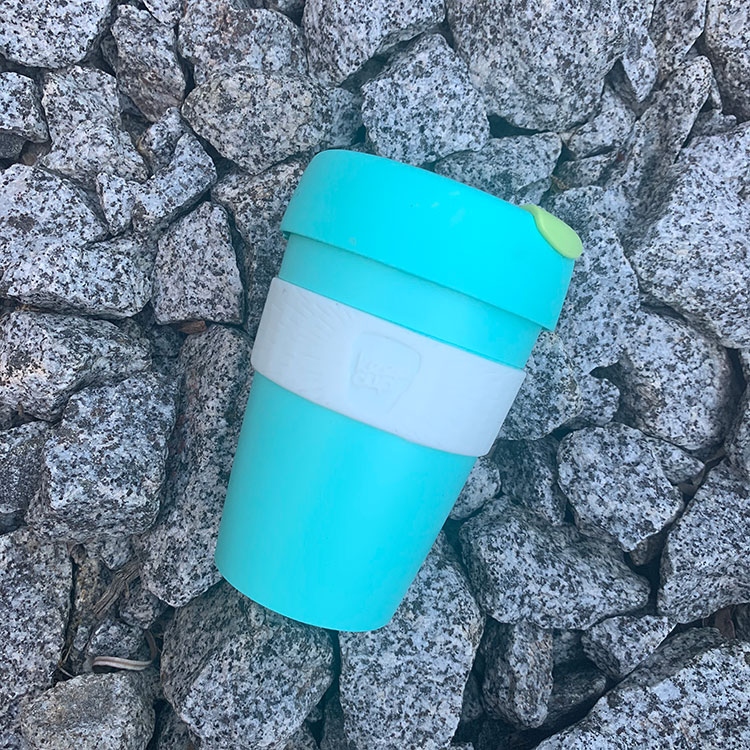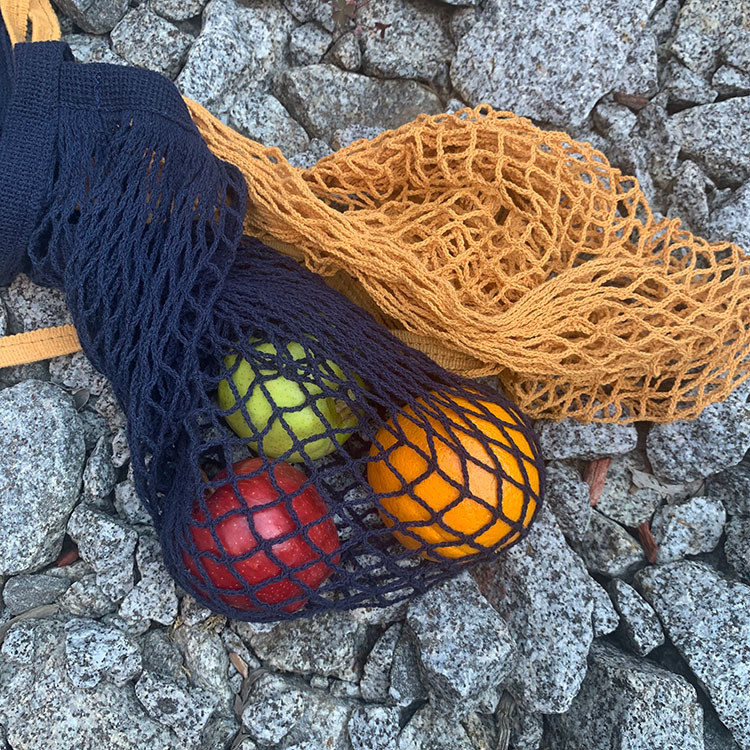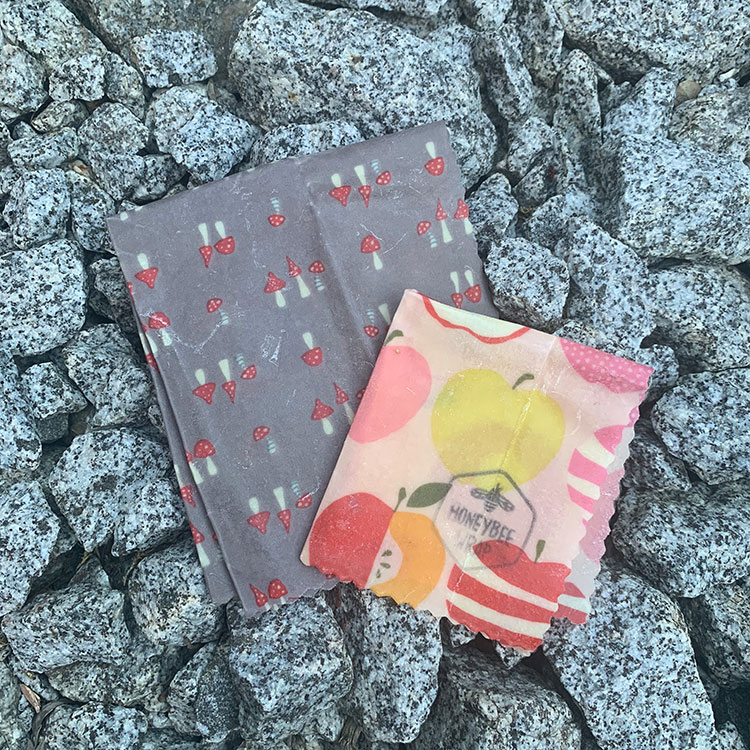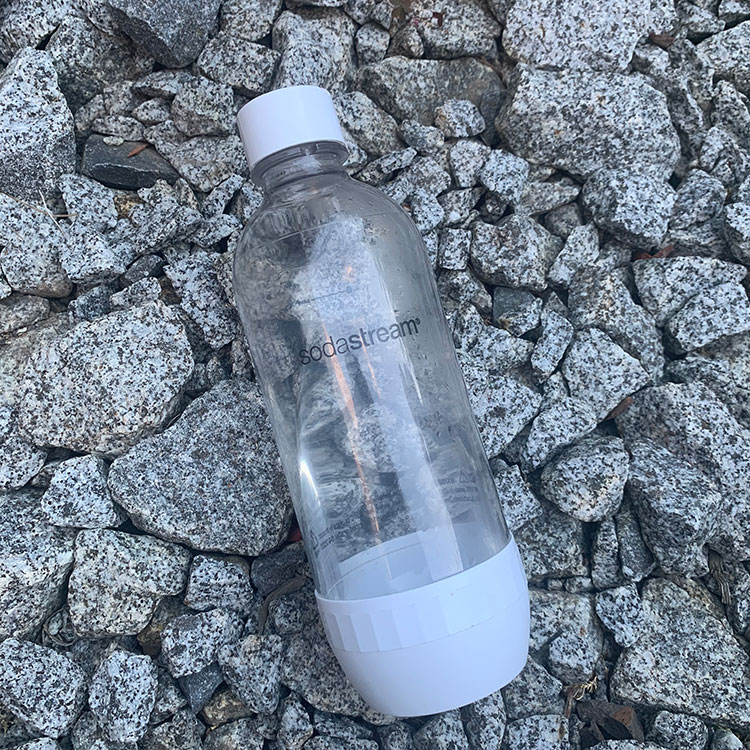Keep Cup
Did you know that Australians go through a staggering 1 billion disposable coffee cups per year? Majority of these end up in either a landfill or the ocean. The waterproof plastic lining inside most disposable coffee cups means that they cannot be recycled, nor do they biodegrade. The solution? Purchase a keep cup! Most keep cups are made from polypropylene plastic which is BPA free and much better for the environment. Plus, many cafes now offer customers discounts when they bring in a keep cup. It's a win-win for everyone!







